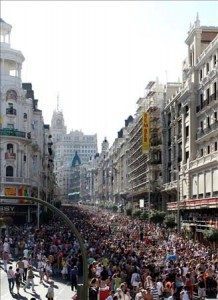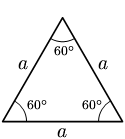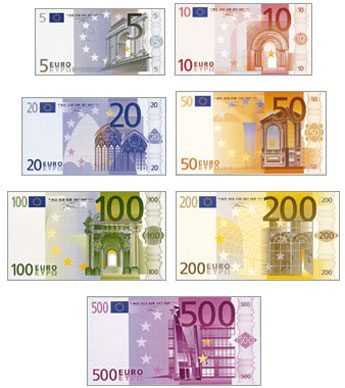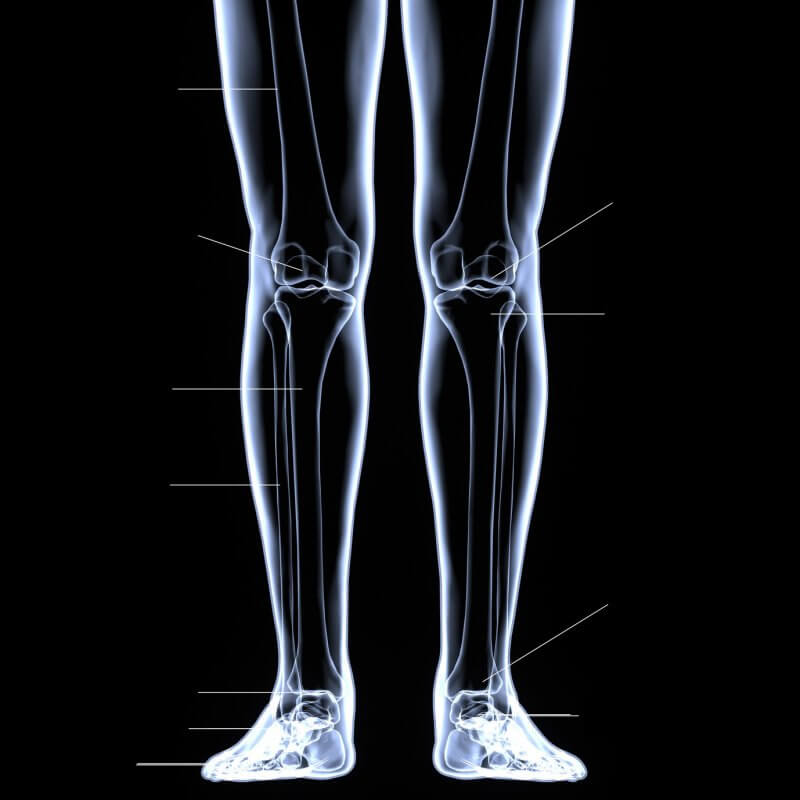 The word heterogeneous is the concept that we use extensively in our language when we want to refer to that which is made up of parts or elements that have a different nature.
The word heterogeneous is the concept that we use extensively in our language when we want to refer to that which is made up of parts or elements that have a different nature.
What is composed of various elements
For example, in the field of chemistry, more precisely from the physical chemistry , a heterogeneous system is designated as one that is made up of two or more stages and at the same time these stages have been divided into interfaces.
Physicochemistry: what is and how does the heterogeneous system work
It is easy to recognize this type of system because you can see precisely these different parts that compose it and its matter will be characterized by not being uniform, thus different properties will be observed depending on the part that is being analyzed.
Whenever a heterogeneous system is observed, and with the naked eye, its elements can be appreciated, this is especially true because its properties turn out to be intense and the values are diverse.
There are several heterogeneous systems, while we will mention two by way of example, on the one hand, the suspensions, which are made up of a solid element and another that is liquid; And on the other hand emulsions, which are composed of two elements that are liquid.
Now, the aforementioned systems may be separated in terms of their phases through various processes such as: filtration (It separates the solid element from the liquid thanks to the use of a filter that will allow the retention of the solid element and will allow the liquid to pass through the filter holes. For example, straining the tuco to strip it of the vegetables that compose it is a sample of this process) and sifting (It takes care of separating two solid elements and does so by means of a sieve, which acts as a strainer, retaining the larger solid in it).
Group of people that are made up of individuals who have different characteristics and conditions
The word can also be applied to groups of people, when these are made up of individuals who come from various social strata, for example.
Some of the most popular synonyms for this word include: varied, diverse and multipleMeanwhile, the opposing concept is that of homogeneous , which on the contrary, allows referring to those things that are characterized by having the same gender or, failing that, that their structure and composition is uniform.
Synonym of plurality
Consequently, another of the widespread uses attributed to this word is as a synonym for plural, diverse and different.
When something is said to be heterogeneous, for example a group of people who attend a yoga course, what is meant is that this group is made up of people who are very different and unequal from each other, in terms of age, sex, social extraction, among other conditions.
The other side is the homogeneity that supposes that which is composed of elements that have similar characteristics, that belong to the same category and therefore show cohesion.
The heterogeneous, positive or negative?
It is common for people to attribute a negative consideration to what is classified as heterogeneous, due to the differences that could affect the union of a group, for example.
However, this is not correct and the heterogeneous cannot be deliberately classified as negative and the homogeneous as positive.
The plurality, the heterogeneity of a group, in many circumstances can be a highly favorable issue for that group and its development.
Let us think of any group of people who are gathered together because they must solve a common problem; All of them present different characteristics, experiences, and ages, while, in that particular case, the proposals or opinions that each one pour out, surely different from each other, will contribute to finding a comprehensive solution in which the diversity of the group is reflected.
In many contexts it is good that people do not form a heterogeneous group because in that case there would be no differences and debate and discussion would be impossible, as long as it seeks an overcoming objective, of course, and not that it remains in the conflict and point.
But just as in some cases the heterogeneity of a group will be positive, in other cases it may not be so in any way and cause problems among the members, for example a situation of discrimination.
Also, an excellent example of this that we raised lines above are the societies that live in large metropolises, there you can see heterogeneity reflected without a doubt, which will be positive in the sense of granting greater freedom to it and the possibility that different people coexist without problems, but also in some situations conflict situations can be generated due to those things that differentiate them.









